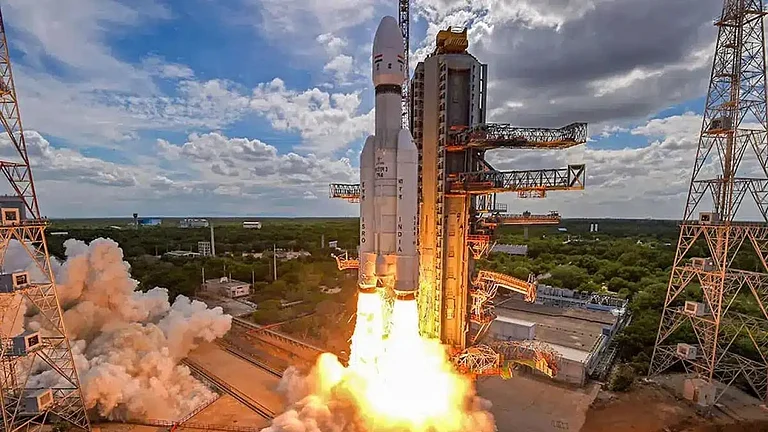The Indian National Space Promotion and Authorisation Centre (IN-SPACe), a government-backed agency facilitating and authorising Non-Government Entities (NGEs) in the space sector, has launched a Rs 500 crore Technology Adoption Fund (TAF) on to foster and strengthen India’s space technology capabilities.
In a conversation with Outlook Business, Pawan Goenka, Chairman of IN-SPACe, shared insights on the Technology Adoption Fund (TAF), its support for space startups in India, future plans for R&D, and collaborations with ISRO, private enterprises, and academia to maximise the impact of these initiatives.
Excerpt:
What is the typical check size that IN-SPACe plans to offer under the Technology Adoption Fund, especially for early-stage startups?
This scheme( TAF) is not restricted to only space startups. All private space sector companies are eligible to apply. We would like to see high impact projects being supported by this scheme and therefore like to see the average ticket size of the funding to be near the cap of Rs 25 crores
Is there a predefined funding range for different categories of startups, or will it be tailored based on individual project requirements?
There is no predefined funding range, it will be tailored based on project requirements.
Will pre-revenue space startups be eligible for funding, and what key criteria will be used to evaluate their potential?
The pre revenue space startups are eligible for funding, criteria used would be demonstrated capability of the startup team, technical feasibility of the proposal and the commercial opportunities.
How does IN-SPACe plan to support startups that are in the R&D phase but have not yet achieved commercialisation?
The funding is aimed at taking early stage technology to commercialisation.
What specific areas of space technology innovation does the fund aim to support, and how does it align with India's long-term space policy goals?
The technology can be in any vertical of space. The TAF scheme will promote commercialisation of nascent( low TRL) technologies, thus contributing towards the long term policy goals of increasing private sector participation in the commercial space economy.
How does IN-SPACe plan to collaborate with ISRO, private enterprises, and academia to maximize the impact of this initiative?
The scheme permits a company to collaborate with academia and INSPACe will bring in ISRO expertise wherever necessary and feasible.






























